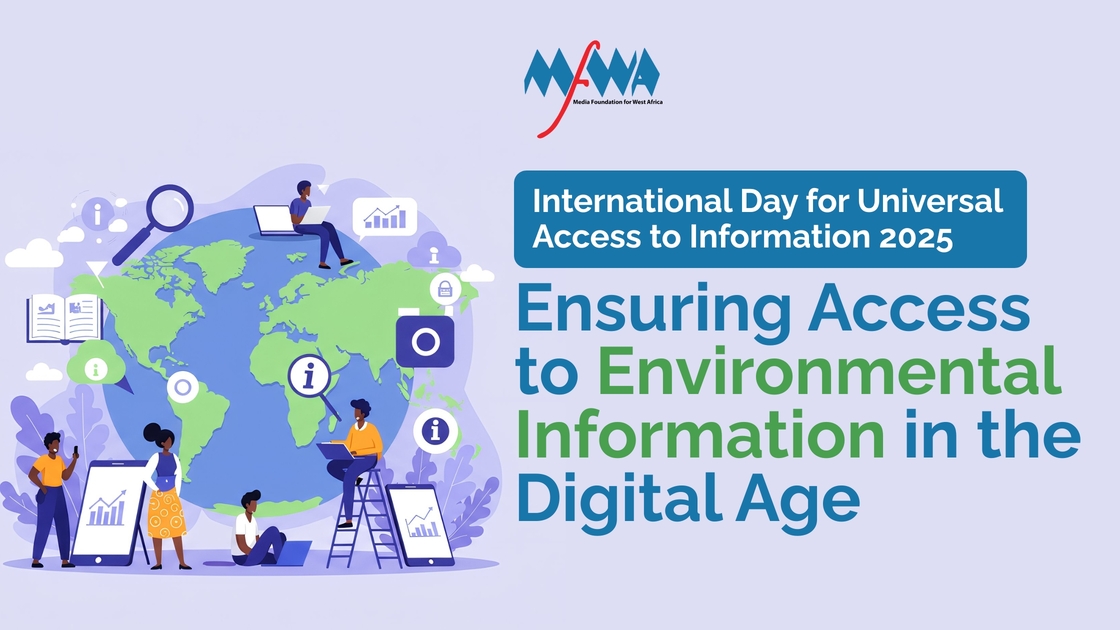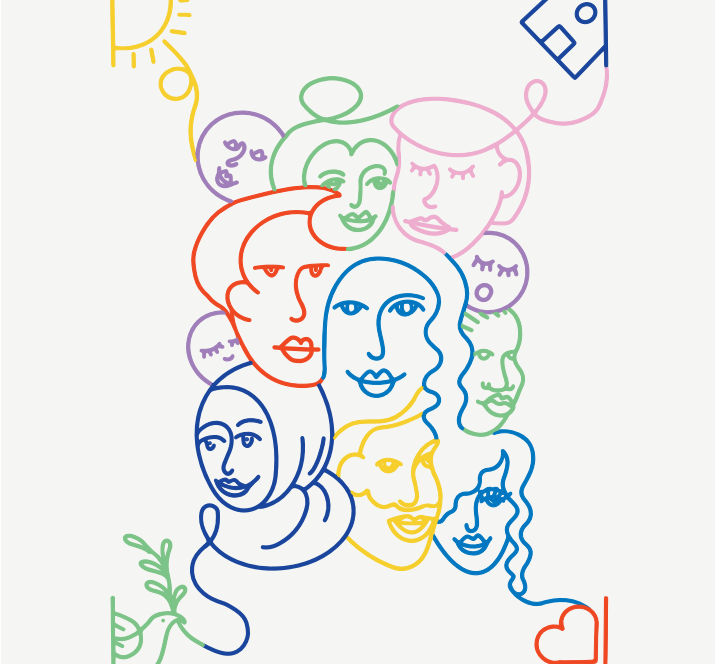On the occasion of the 2025 International Day for Universal Access to Information (IDUAI), we at the Media Foundation for West Africa (MFWA) join the global community in reflecting on this year’s theme: “Ensuring Access to Environmental Information in the Digital Age.”
This theme is both urgent and relevant. As climate change accelerates, raising global temperatures and sea levels, humanity faces unprecedented risks. Protecting the environment requires collective action, and collective action depends on access to accurate, timely, and relevant information.
In West Africa, however, the flow of such vital information remains severely undermined. Journalists and activists working to expose environmental abuses are often harassed and prosecuted. Powerful actors engaged in destructive practices exploit state institutions and legal frameworks to silence critical reporting, while governments continue to constrict civic spaces.
In countries like Ghana and Guinea, despite the repeal of criminal libel laws, governments now weaponise cybersecurity, national security, and public order provisions to target journalists. Military regimes in parts of the region have gone as far as attempting to reintroduce criminal defamation laws, deepening repression and eroding civic freedoms.
As we mark IDUAI 2025, we stress that environmental protection cannot be achieved without quality information. And quality information cannot thrive in contexts where civic spaces are restricted, and the work of journalists and activists is criminalised.
A new AFEX report, The State of Access to Information in Africa: A Comparative Analysis, underscores the urgency of this call. Examining ten African countries, including Ghana, Nigeria, The Gambia and others, it finds that while nine have enacted access to information laws, implementation is weak and uneven. Officials routinely delay or deny requests, citizens often lack awareness of their rights, and oversight bodies remain under-resourced or ineffective. Exemptions such as “national security” are frequently stretched to block legitimate inquiries. These gaps mean that, even where legal frameworks exist, the public still struggles to obtain the environmental and governance data essential for accountability and informed action.
We therefore call on West African governments to:
- End the misuse of vague provisions in cybersecurity and electronic publication laws to prosecute journalists, particularly those exposing environmental abuses.
- Review and reform laws that function as backdoor criminal defamation provisions.
- Guarantee safe and enabling environments for journalists, activists, and citizens to freely access and share information in the public interest.
- Strengthen and fully resource independent information commissions or similar oversight bodies to ensure effective, timely implementation of access to information laws, as highlighted in the AFEX report.
The digital age provides our region with unique opportunities to build a stronger information culture and promote transparency. We believe this is a critical moment for West Africa to embrace openness and accountability, ensuring that civic space remains vibrant and that access to information becomes a tool for environmental protection and democratic consolidation.
The MFWA reaffirms our commitment to defending press freedom, expanding civic participation, and advancing universal access to information as the bedrock of sustainable development and democracy in our region.






